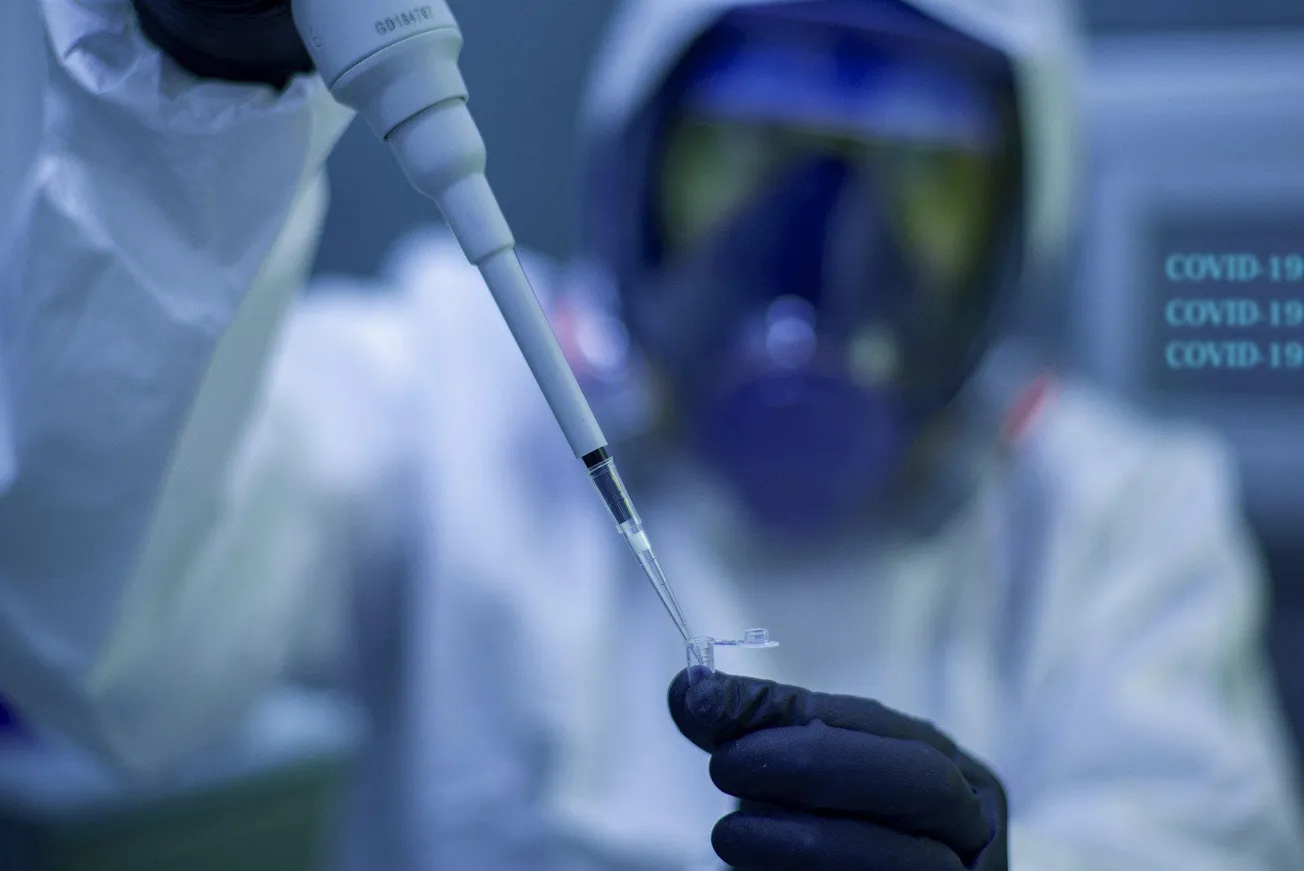The two-day UN General Assembly Special Session on COVID-19 meeting ended today. Some 100 nations participated by video, including heads of state from France, Germany, Japan, and South Africa. The U.S. was represented by Health and Human Services Secretary Alex Azar. The concept did not involve formulation of joint action, nor even a collective statement, but invited nations to present their own initiatives and special points.
Today’s three virtual panels were set to be: 1) The United Nations’ response to the pandemic; 2) vaccines, including participation by BioNTech and Oxford University; 3) the World Health Organization’s ACT—Accelerator, which is mandated to get vaccines to the world’s poorest. Statements are expected from the World Health Organization director Dr. Tedros Adhanom Ghebreyesus, and from UNGA President Volkan Bozkir, who calls the pandemic a “test for multilateralism” by the United Nations. Individual governments are making announcements of aid.
The Japanese government announced today that it will donate$4.5 billion to help developing countries in the fight against the COVID-19 pandemic. “Japan has been working closely with the international community to overcome the crisis under the concept of human security since the beginning of COVID-19,” the statement reads. “To address COVID-19, Japan has already provided foreign aid of 1.54 billion dollars to developing countries in a few months since this February with unprecedented speed.”
Further, “Japan has established the ‘COVID-19 Crisis Response Emergency Support Loan’ of $4.5 billion over the next two years. The distribution of funds has already begun.”



